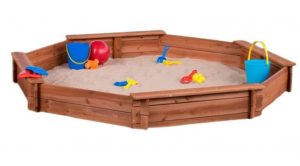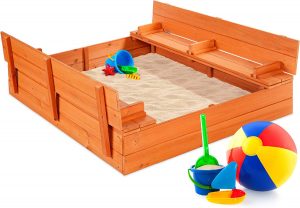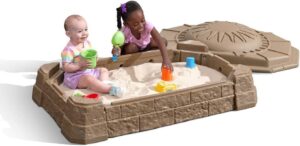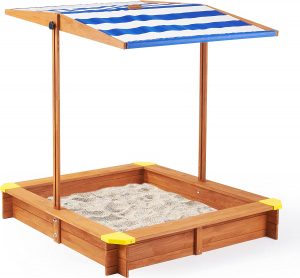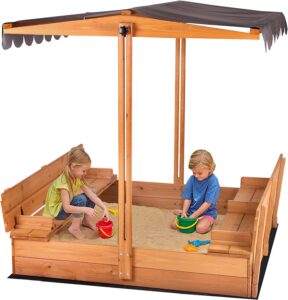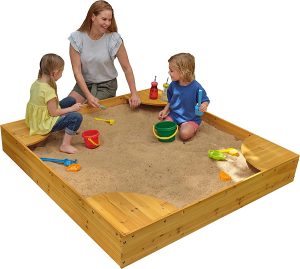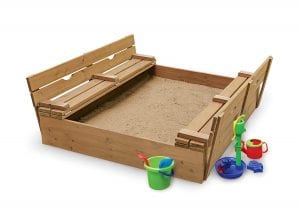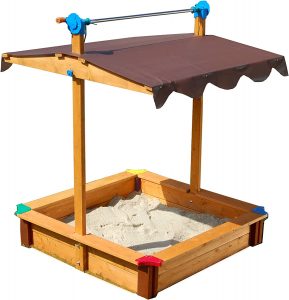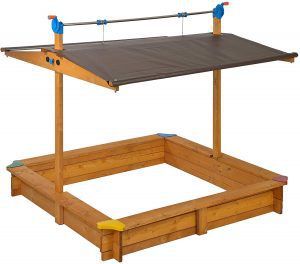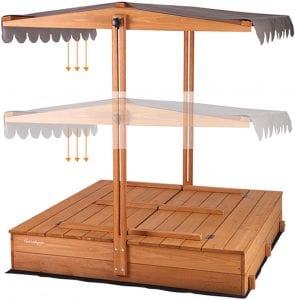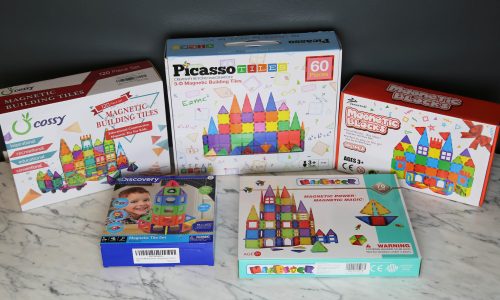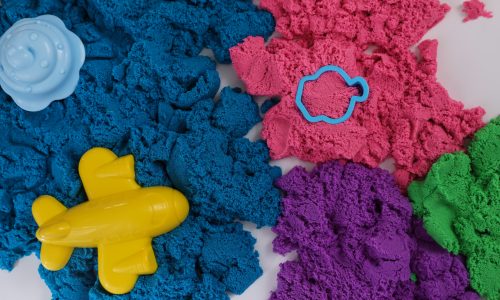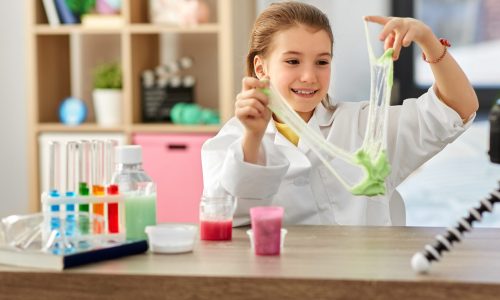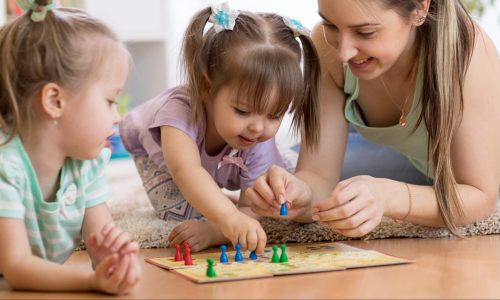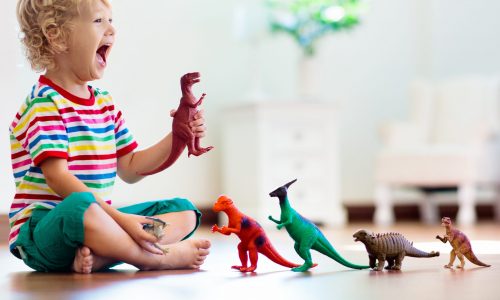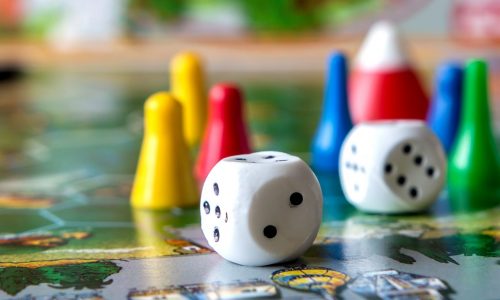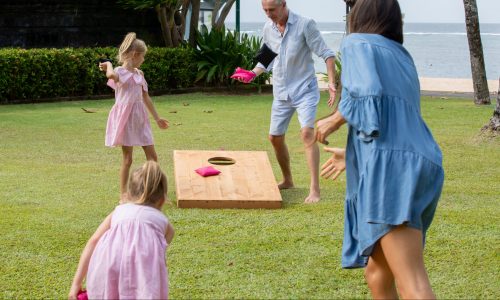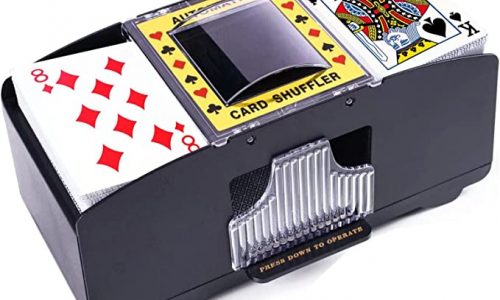The Best Covered Sandbox
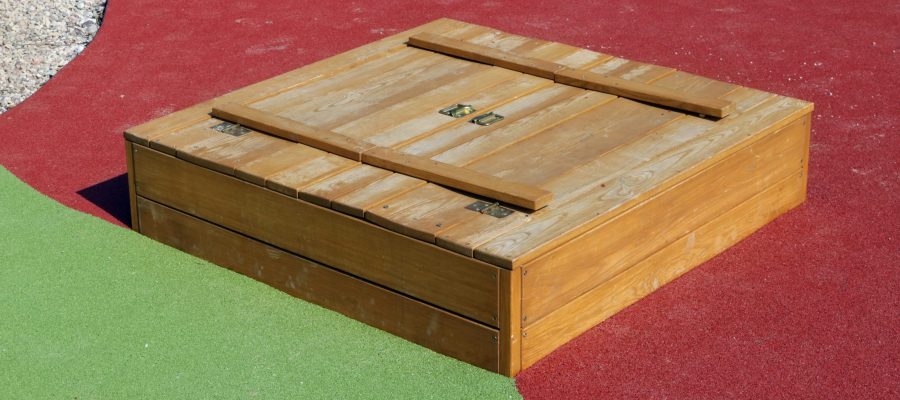
Our Review Process
Don't Waste Your Money is focused on helping you make the best purchasing decision. Our team of experts spends hundreds of hours analyzing, testing, and researching products so you don't have to. Learn more.
Our Picks For The Top Covered Sandboxes
- 1. CREATIVE CEDAR DESIGNS Wide Seat Boards Covered Sandbox
- 2. Best Choice Products Weather-Proof Bench Covered Sandbox
- 3. Step2 Traditional Outdoor Covered Sandbox
- 4. SoliWood Cedar ATSM-Certified Covered Sandbox
- 5. Aivituvin All-Weather Adjustable Canopy Covered Sandbox
- 6. KidKraft Sanmu Wood Large Covered Sandbox
- 7. Badger Basket Heat-Treated Anti-Rust Covered Sandbox
- 8. Exaco Felix UV 50+ Open Bottom Covered Sandbox
- 9. Tierra Garden G31001 Vinyl Waterproof Covered Sandbox
- 10. GUTINNEEN Easy Clean Detachable Covered Sandbox & Seats
Thanks to the large size of this covered sandbox, you'll be able to organize play dates for your toddler. The box is constructed from a natural red cedar and comes with both an eco-friendly liner and cover. Parents will also love the unique slot system, which makes assembling the sandbox a breeze.
Oversized OptionThis covered sandbox fits an astounding 800 gallons of sand!
Grab a few buckets, shovels and beach toys and head out to this covered sandbox to play. It's designed with two bench seats that fold up and over the sand when not in use. Parents will appreciate that this option comes with a bottom liner for breathability and drainage.
Built-In SeatingEach of the benches on this covered sandbox are able to accommodate as much as 200 pounds.
This covered sandbox is etched to resemble the walls of a fairytale castle. The lid is also decorative with a giant sun that takes center stage. With a 200-pound sand capacity, you can expect your toddlers to spend hours playing, digging and having fun with a friend or sibling.
Attractive DetailIt takes just 10 minutes to completely assemble this to-notch covered sandbox.
Prepare for your children to spend hours playing in this adorable covered sandbox. It's constructed from a solid cedar wood and features an overhead canopy to provide shelter from the sun. A cover is also included for the sand, as wildlife and rain can invade the sand when not in use.
Economical PickWhen it comes to affordability, you'll find this budget-friendly covered sandbox hard to beat.
Buying Guide
A sandbox is an excellent activity for children of varying ages. All kids love playing in sand, from babies who are just a few months old to school-aged children. Making sandcastles, digging and just letting the grains fall through their fingers is a fun textural and sensory activity. Having a covered sandbox is a safe way to keep sand in your outdoor area, without worrying about any animals or insects getting into the box.
When buying a covered sandbox, first consider what size is right for you. Look at where you will place the sandbox and how much room you have. Keep in mind that once filled, a sandbox is too heavy to move, so you will need to think about placement carefully. Ensure there is enough space around the sandbox for kids to easily walk around it and sit along the edges to play with the sand.
MORE: The Best Kinetic Sand
Carefully check out the cover and make sure that it is easy to remove and put back on. If it is too heavy or cumbersome, you may end up avoiding using it. The sandbox cover will need a handle or a raised edge so that you can remove it from the base and place it aside while the box is in use.
What to Look For
- One of the main reasons to get a covered sandbox, as opposed to an uncovered one, is to keep the sand clean. Without a cover, critters that live outside may use your sandbox as a bathroom. Even your pet dog or cat may soil the sandbox. Having a cover helps to avoid that issue and keep the sand clean for children to play in.
- Having a cover also ensures that excess moisture doesn’t get into the sand when it rains or snows. If it does, it can lead to mold growing in the sand. If your sand accidentally does get wet, leave the cover off for a few hours so that it can dry fully.
- In order to keep your sand free from germs, plan to switch it out with new sand once a year. This will reduce any contamination, mold and germs from getting onto your kids.
- Babies love playing in the sand, but it is not safe for them to eat. If your little one still puts everything in their mouth, you will need to closely supervise their sand play so that they do not accidentally eat any sand.
More to Explore
Playing with buckets and shovels in the sand is a great way to build sandcastles, tunnels and towers. However, there are other items kids can use to change up the sensory activity. Grab a couple of old spoons, cups and bowls and create a sand kitchen. Kids will love making recipes and serving them to each other. You can also fill small spray bottles with water and food coloring and “paint” the sand. This makes for a visually creative activity. Toy trucks and trains are also fun to drive on the sand and make unique tracks.

